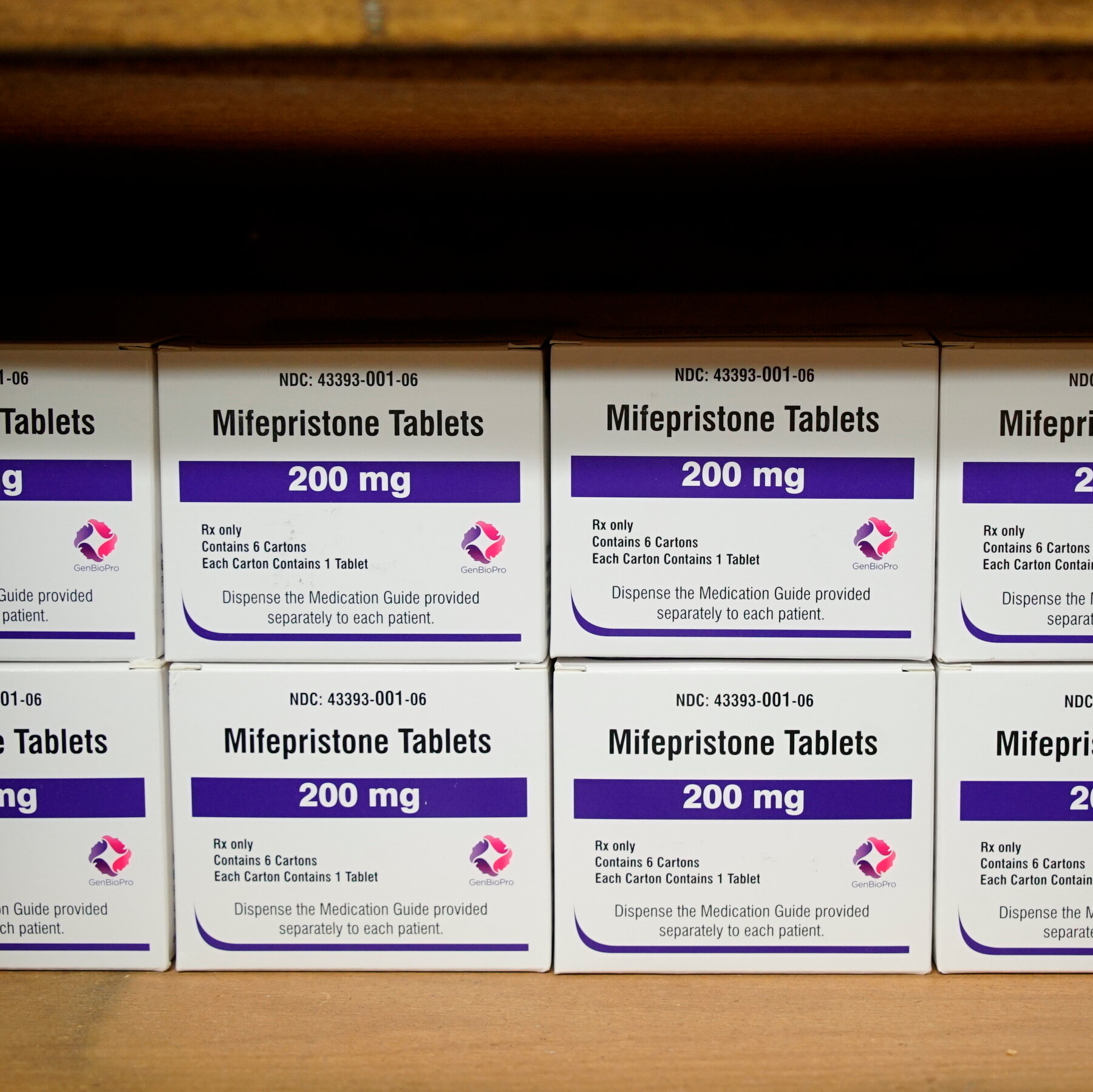Walgreens and CVS will sell the prescription abortion pill mifepristone after the Food and Drug Administration (FDA) dropped a long-standing rule that previously prevented drug stores from doing so.
The decision by the two largest drug store chains in the U.S. will significantly expand access to mifepristone in states where abortion is legal.
However, the companies cannot offer the pill in states that have completely banned abortion following the Supreme Court decision that overturned Roe v. Wade.
On Tuesday, the FDA changed its regulations to allow retail drug stores to dispense mifepristone, provided they complete a certification process.
The agency removed the rule that required patients to obtain the abortion pill in-person at clinics, hospitals, and other certified health-care providers.
Walgreens plans to get certified and is currently working through the registration and training of its pharmacists to dispense mifepristone in accordance with federal and state law, spokesperson Fraser Engerman said.
CVS also intends to get certified in states where it is legal to do so, spokesperson Amy Thibault said.

As a result, patients in many parts of the U.S. will be able to obtain mifepristone like other prescription medications, either in-person at a retail pharmacy or through the mail. Patients will still need to obtain their prescription from a certified health-care provider.
Mifepristone has become a central flashpoint in the political battle over abortion at the state level since the Supreme Court overturned Roe v. Wade.
Several conservative groups have asked a federal court in Texas to overturn the FDA’s approval of mifepristone.
Mifepristone is the most common method to terminate a pregnancy in the U.S., with 51% of abortions performed using the pill in 2020, according to the Centers for Disease Control and Prevention.
The FDA first approved mifepristone more than 20 years ago in 2000 as a method to terminate early pregnancies, but the pill had long been subject to strict regulations regarding how it could be dispensed to patients.
Medical organizations such as the American College of Obstetricians and Gynecologists have long argued that those regulations lacked a scientific basis and were rooted in politics.
Mifepristone is approved to end a pregnancy through the 10th week and is used in combination with another pill called misoprostol.
Mifepristone stops the pregnancy from continuing, and misoprostol induces contractions that empty the uterus.
